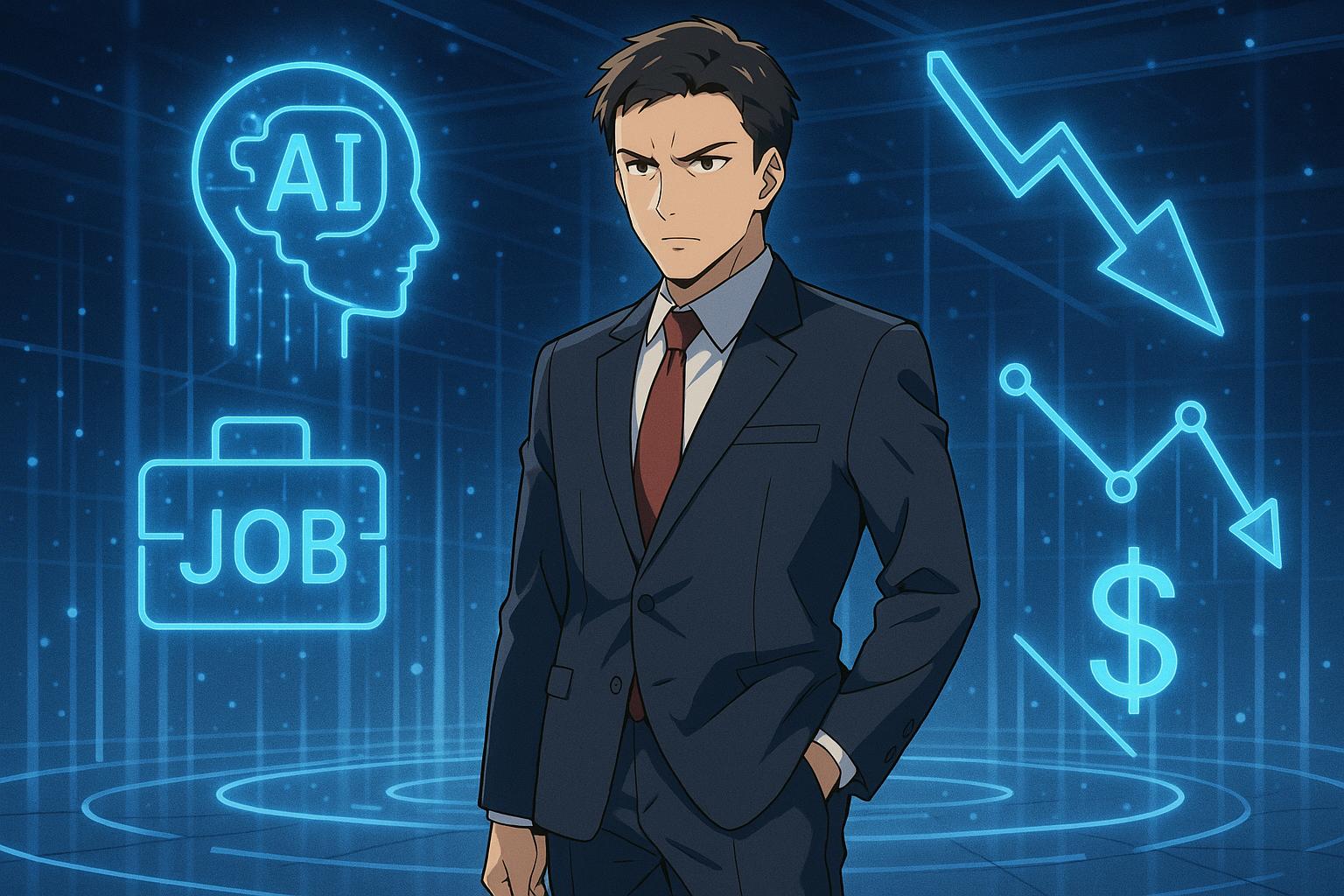Anthropic CEO Dario Amodei recently addressed the stark implications of artificial intelligence, cautioning that the rapid evolution of AI technologies could lead to a significant rise in unemployment within the next five years. Speaking at a developer conference and in interviews, Amodei warned that as AI systems become increasingly capable—potentially matching or surpassing human performance—the landscape of employment will undergo drastic changes, particularly affecting entry-level white-collar jobs.
According to Amodei, the fast-paced development of powerful AI tools poses a serious threat not only to individual job security but also to overall economic stability. He mentioned that as many as 50% of entry-level positions could be at risk, leading to unemployment rates soaring between 10% and 20%. “We, as the producers of this technology, have a duty and an obligation to be honest about what is coming,” he articulated, expressing concern that many in the industry and government are still not fully aware of the impending transformations. He shared this message to prepare both the workforce and regulators for the seismic shifts anticipated in the job market.
Support for Amodei’s perspective is found in a recent report by venture capital firm SignalFire, which highlighted a 50% decline in hiring for new graduates by large tech companies compared to pre-pandemic levels. This report indicated that while the market for mid and senior-level roles has seen a resurgence, the entry-level opportunities remain stagnant. The firm noted that job seekers are facing an environment where AI can execute lower-skill tasks traditionally assigned to interns and recent graduates, thereby prioritising seasoned professionals who can leverage AI tooling effectively.
Heather Doshay, a partner at SignalFire, noted, “AI is doing what interns and new grads used to do.” This shift challenges new graduates to reconsider their roles in the workforce. Rather than viewing AI solely as competition, Doshay emphasises the necessity for young workers to adopt a mindset that embraces AI as a collaborative partner. She urged new graduates to enhance their skills to operate more like experienced professionals, advocating for self-education and resourcefulness in the face of these changes.
Beyond the immediate job market implications, Amodei underscored the broader societal impacts of AI advancements. While AI has the potential to drive growth and innovation, it also raises concerns about economic inequality as the disparity between those who can adapt and those who cannot widens. Historical patterns of technological upheaval, noted by figures like Sam Altman of OpenAI, suggest that while new technologies often create new opportunities, the transition can be disruptive and is not guaranteed to favour all workers equally.
The looming threat of mass job displacement is compounded by the fact that many industries, particularly finance and law, are actively exploring automation. A McKinsey report predicts that AI could displace between 400 million and 800 million jobs globally by 2030, with low-level tasks being automated away. This trend raises critical questions about how emerging professionals will gain necessary experience if entry-level roles are rendered obsolete.
The conversation around AI's potential extends beyond employment concerns. At the recent World Economic Forum in Davos, Amodei discussed the philosophical implications of advancing technology. He posited that the traditional notions of work and self-identity could undergo profound changes, prompting society to rethink how we value both labour and our human capacities. As the capabilities of AI continue to evolve, so too must our understanding of its role in shaping the future workforce.
Amodei's chilling warnings are underscored by the necessity for proactive measures. Some economists and commentators have suggested mechanisms for redistributing wealth created by AI, fearing that unchecked automation may usher in waves of inequality and discontent. As the landscape of work shifts, the dialogue surrounding responsibility—among technologists, employers, and policymakers—will be crucial in steering the trajectory of AI towards a more equitable future.
Anthropic's commitment to transparency regarding these risks reflects a growing awareness in the tech community, but as Amodei himself admitted, acknowledging potential threats while simultaneously innovating in the space creates an inherent tension. "It’s a very strange set of dynamics," he said, "where we’re saying: ‘You should be worried about where the technology we’re building is going.’"
In this complex landscape, the challenge will be to ensure that as we increasingly embrace AI, we do so with foresight, strength, and a commitment to protecting those most vulnerable to change.
Reference Map:
Source: Noah Wire Services
